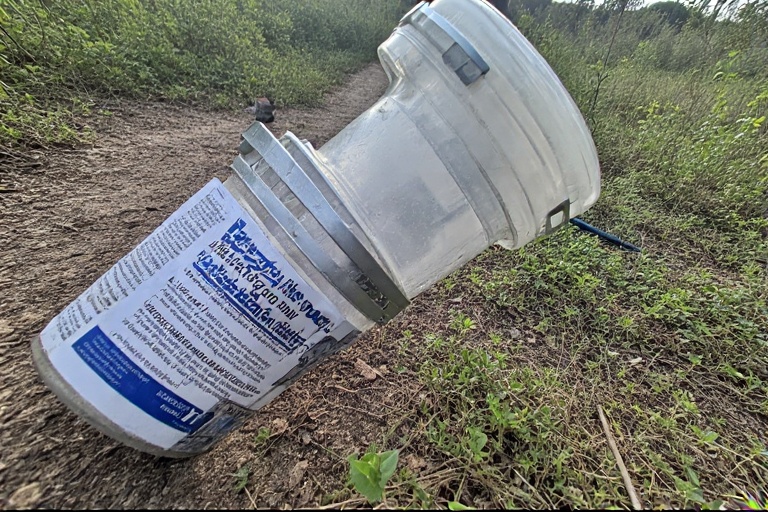As life expectancy increases worldwide, elderly care has become a pressing topic for families, healthcare professionals, and policymakers alike. Aging gracefully isn’t just about extending years—it’s about improving the quality of life in those years. This includes physical health, emotional well-being, social engagement, and access to necessary resources, especially when it comes to travel and cross-border movement. Whether you’re caring for elderly parents or preparing your own future, knowing how to manage health and travel logistics—like the TURKEY VISA FOR PAKISTAN CITIZENS or the Turkey Visa for Grenadian Citizens—can ensure a smooth, stress-free journey.
Understanding Elderly Care: A Holistic View
Elderly care refers to the support and services provided to older adults as they age. It encompasses more than just physical assistance—it also includes emotional, psychological, and social support. The needs of each individual can vary widely depending on factors like mobility, chronic conditions, cognitive function, and living arrangements.
Types of elderly care include:
- In-home care: Ideal for seniors who want to age in place while receiving assistance with daily tasks.
- Assisted living: A community-based option that provides support with independence.
- Skilled nursing facilities: Suitable for individuals requiring intensive medical care and rehabilitation.
- Hospice and palliative care: Focused on comfort and quality of life during serious illness or end-of-life stages.
Physical Health: Managing Age-Related Changes
As we age, our bodies undergo changes that require more focused attention on healthcare.
- Nutrition: Older adults should eat nutrient-dense foods to support bone density, cardiovascular health, and cognitive function. Calcium, vitamin D, fiber, and lean proteins are particularly important.
- Mobility: Regular low-impact exercises such as walking, tai chi, and water aerobics can reduce the risk of falls and improve balance.
- Chronic conditions: Many elderly individuals live with chronic illnesses like diabetes, hypertension, or arthritis. Regular checkups, medication management, and proper monitoring can help control these conditions.
- Vision and hearing: Declining senses affect safety and communication, making routine exams essential.
Mental and Emotional Well-Being in Aging
Loneliness and depression are common among older adults, especially those who live alone or have lost close family and friends. Promoting mental health includes:
- Social connection: Staying engaged with family, friends, and community events improves mood and cognitive resilience.
- Purposeful activity: Hobbies, volunteer work, and travel can enhance mental clarity and emotional fulfillment.
- Routine mental health care: Regular screenings and therapy when needed should be part of ongoing health maintenance.
Travel and the Elderly: Planning for Safe and Enjoyable Trips
With many seniors choosing to explore the world post-retirement, elderly travel has become more popular than ever. However, planning a trip for older adults requires extra care.
- Medical clearance: Ensure all health concerns are evaluated before the trip.
- Travel insurance: Opt for plans that cover pre-existing conditions and emergencies.
- Accessible accommodations: Look for hotels and transport options that cater to mobility issues.
For travelers from Pakistan or Grenada heading to Turkey, it is essential to understand and comply with visa regulations. Review the TURKEY VISA FOR PAKISTAN CITIZENS and the Turkey Visa for Grenadian Citizens to ensure documents are in order well before departure. This can avoid unnecessary delays and ensure peace of mind.
Technology and Support Networks in Elderly Care
Modern tools can make elderly care more effective and manageable:
- Medical alert systems: Devices that call for help in emergencies provide independence with safety.
- Telehealth services: Virtual doctor appointments are convenient for those with mobility issues.
- Medication reminders: Apps and smart pillboxes help ensure medications are taken on time.
Additionally, involving the entire family in care planning—either through shared responsibilities or professional caregiving—helps reduce burnout and ensures consistent support.
Conclusion: Aging with Dignity and Freedom
Caring for the elderly involves more than managing health concerns—it’s about fostering a life of dignity, independence, and joy. Whether your loved one chooses to age at home, in a community, or while traveling the world, preparation is key. From securing travel documents like the TURKEY VISA FOR PAKISTAN CITIZENS or Turkey Visa for Grenadian Citizens to arranging supportive care structures, a well-rounded approach to elderly care helps our seniors thrive during their golden years.





